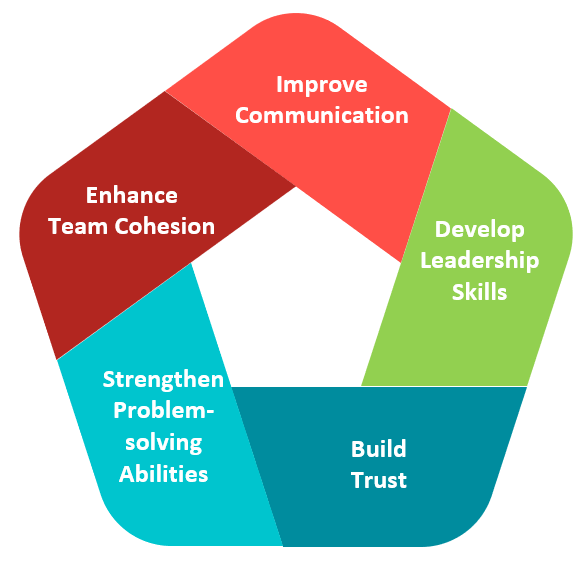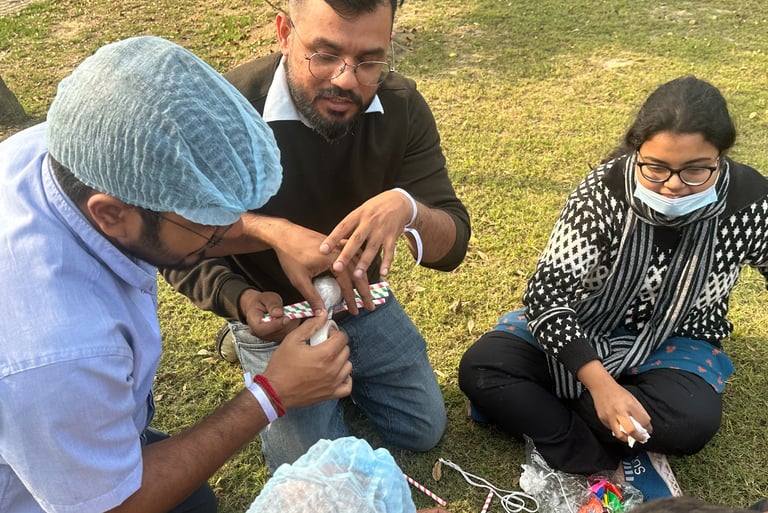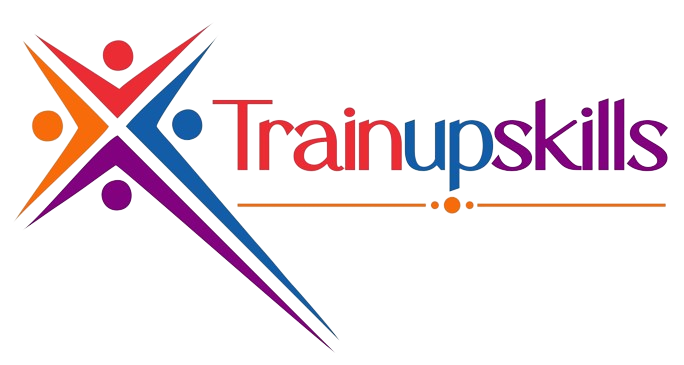
Experiential Learning


The Essence of Outbound Training
The core idea behind outbound training is to present challenges that push individuals out of their comfort zones, compelling them to explore new ways of problem-solving and collaboration. These activities are not just physical tasks but are metaphorical representations of daily workplace scenarios. For instance, the “Perfect Square” training game is not just a game to form a square using a rope rather, it is a team-building exercise that emphasizes communication, cooperation, and problem-solving skills within a group.
Objectives and Benefits
The objectives of outbound training are multifaceted. Primarily, it aims to:
Enhance Team Cohesion: By participating in shared experiences, team members develop a sense of unity and camaraderie.
Improve Communication: As activities require clear and concise dialogue, participants learn the value of effective communication.
Develop Leadership Skills: Individuals are often rotated into leadership positions, providing the chance to lead and make decisions.
Strengthen Problem-Solving Abilities: Unconventional challenges require creative thinking, mirroring the need for innovation in the workplace.
Build Trust: Relying on teammates in challenging situations helps to build mutual trust, an essential component of any successful team.
Methodology
Outbound training typically follows a structured approach:
Ice-Breaking: Activities begin with simple tasks that warm up the group and break down social barriers.
Main Activities: These are the core challenges that require teamwork, such as building a raft or navigating an obstacle course.
Debriefing: After the activities, a facilitator leads a discussion to reflect on the experiences and draw parallels to workplace situations.
Activities Involved
The activities in outbound training are diverse, ranging from physical tasks to strategic challenges. Some common examples include:
Role-Play Games: These simulate real-life scenarios and challenges, helping participants to practice responses and strategies in a safe environment.
Hands-On Activities: These can include anything from building projects to cooking challenges, fostering collaboration and creativity.
Adventure Sports: Rock climbing, rappelling, and kayaking challenge physical limits and encourage risk-taking.
Obstacle Challenges: These activities test physical and mental agility and encourage teams to work together to overcome challenges.
Leadership Drills: Designed to identify and develop leadership qualities within team members.
Trivia Quizzes: Inject fun and competition into learning, reinforcing knowledge through interactive quizzes.
Team Challenges: Tasks like treasure hunts or constructing a bridge out of limited resources promote strategic thinking and cooperation.
Impact on Participants
Participants often emerge from outbound training with a renewed sense of purpose and understanding of their colleagues’ strengths and weaknesses. They learn to appreciate diverse perspectives and discover new ways to approach problems. The experience can also reveal latent leadership qualities in individuals and highlight areas where teams can improve their dynamics.
Experiential Learning, often referred to as outbound training or outdoor training, is a hands-on method of enhancing team performance and individual skills through activities conducted in an outdoor setting. This form of training is designed to take participants out of their traditional office environment and place them in situations where they must rely on each other to succeed, fostering teamwork, leadership, and personal growth.








